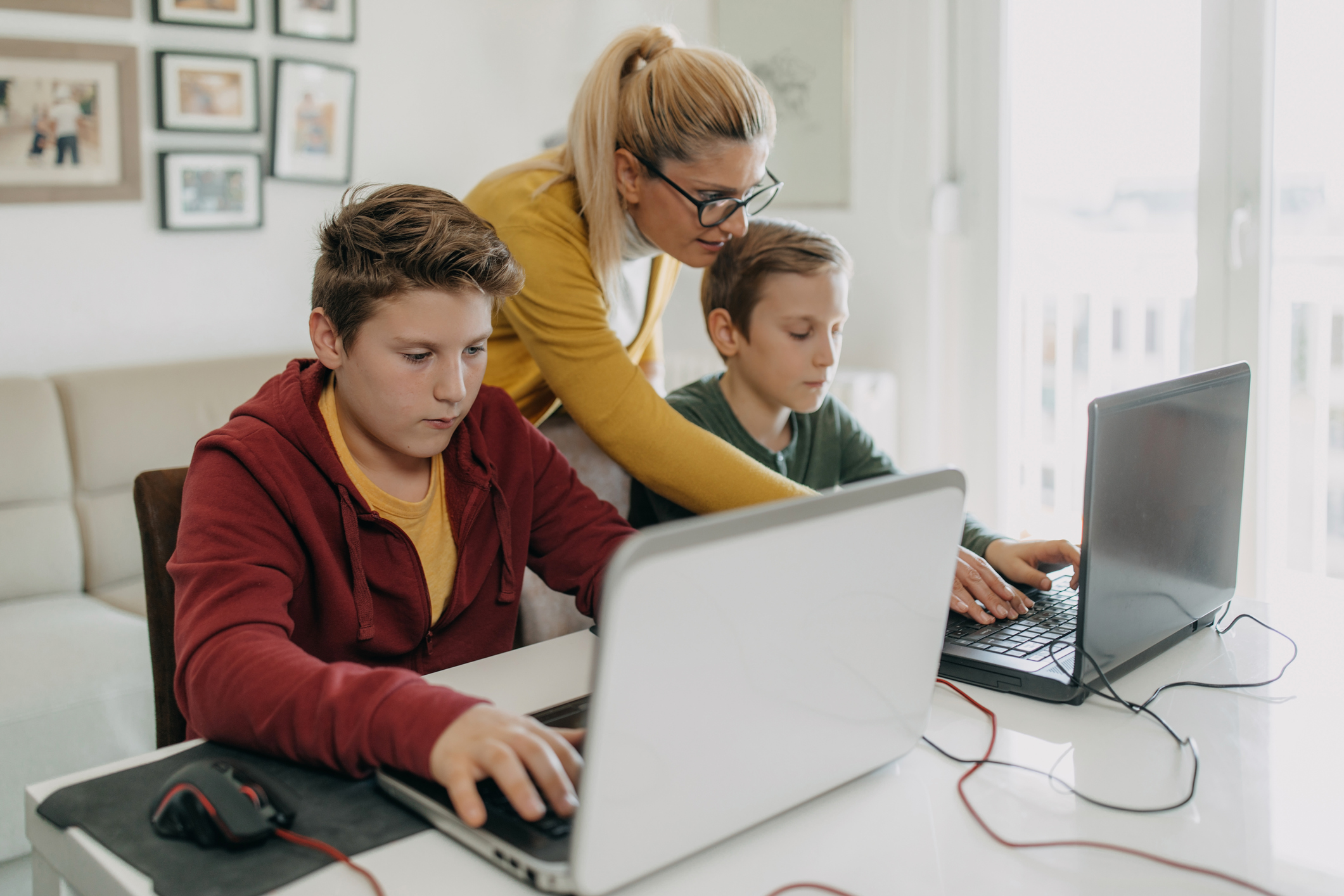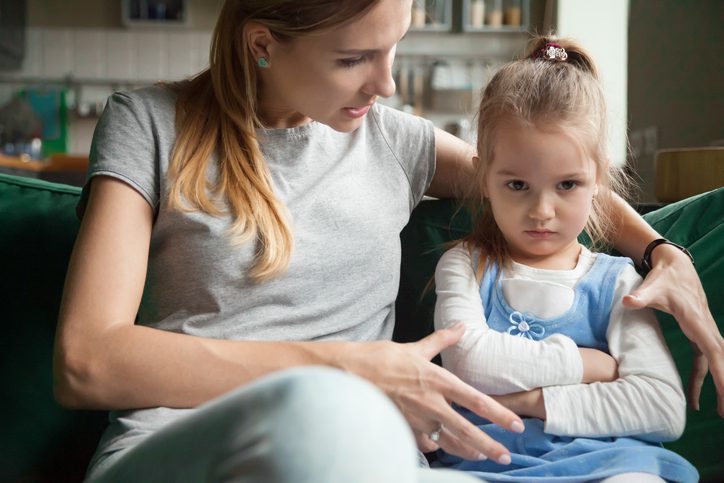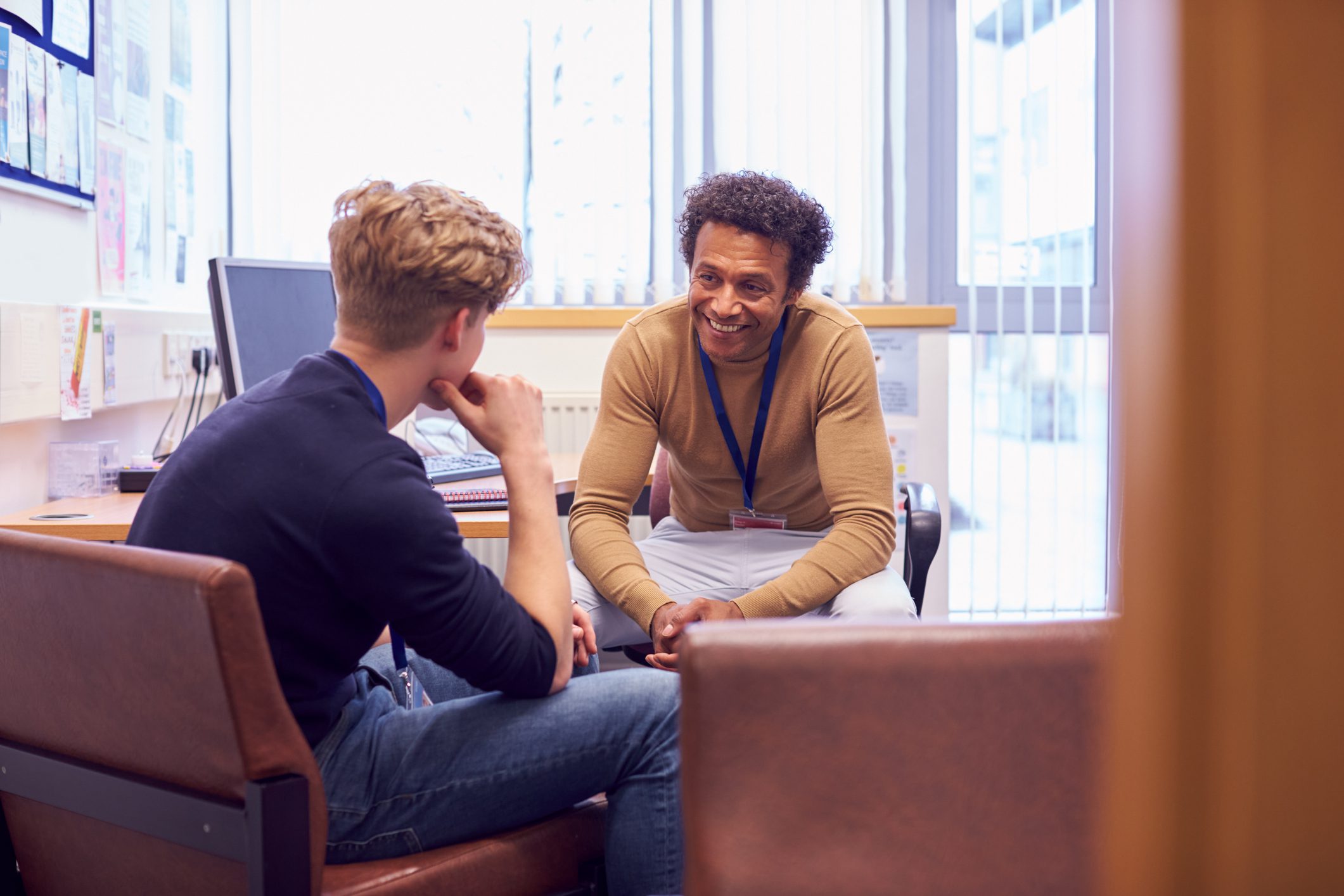This article originally appeared in Macaroni Kid on September 16, 2020, by Luanne Starr Rhoades, LCPC, LADC, CCS; Health Affiliates Maine
Question: My kids suffered greatly when their schools went remote last spring due to COVID-19. I am trying hard to prepare as best I can for a potentially rocky school year. What are the best ways to prep for that now for both me and my kids? They are 9 and 16.
Answer: By now you probably know your kids’ school schedules, but we can talk about how you and your children can cope with change and uncertainty, which is a constant part of life and so very important now. At this point, we do not know if school will be successful with the new models or if more change will happen again.
The whole school situation is very difficult and complicated. Everyone involved has great concerns for safety while at the same time everyone wants what is best for the kids. We are all needing to adopt a very flexible outlook and parents need to present the attitude of “we can do this!”
Resilience will be key. Resilience is a term for describing the ability to overcome adversity and challenge. It is about bouncing back. Imagine pushing a beach ball under the water. It can momentarily be overcome by the water and disappear from plain view only to launch itself right out of the water pushing against the challenge to come out on top. This image is something your 9 and 16-year-olds can visualize. This pandemic may make disruptions and changes in their lives, but they can end up on top and have a story to tell.
Though kids are known for being resilient, they do not have a long list of experiences from which to draw only remembering school a certain way. It is helpful to remind them of when they overcame other difficult times like a pet dying, a friend moving away, passing a difficult exam, or trying out for a team. They can learn to draw on other experiences to help them now. Whether there was disappointment, sadness, or success, they managed. Things may have returned to normal or they adjusted and went on to have other adventures and challenges.
Some pandemic examples of resilience are:
- Restaurants that managed to keep going, by offering outdoor dining and take out.
- Graduates who managed to celebrate their graduations with socially-distant drive-by celebrations including yard signs and online parties.
- Game nights and hiking as a family drawing everyone together.
- People who starting cooking more, trying new recipes, canning vegetables, and organizing their drawers.
- Kids who have discovered ways to help others by fundraising for a cause.
Things that will help both you and them as you get back to the school routine (as un-routine as it may seem) are:
- Take time together to talk about how the day went, specifically asking about the masks, the social distance, online challenges, how they are connecting with friends and taking time together to problem-solve issues and celebrate successes.
- Make a practice of regularly reaching out to others in the same situation for support and ideas.
- Remind yourself and each other to take one day at a time. This means watching when the things causing worries are out of your control and changing the focus to the here and now avoiding “what ifs.”
- Review the expectations of each class and teacher regularly.
- Keep the teachers informed of difficulties and confusion.
- Take time to play outside as often as possible. Laughter lightens every load.
With your involvement, encouragement, and positive attitude your kids will not feel as overwhelmed and you will all get through it together.
For some, resilience is not easy. Children who struggle with school and relationships or have a history of trauma could experience additional challenges during these trying times. The isolation and uncertainty can be distressing. Children with mental illnesses might also struggle more than usual. It is very important to assist them in connecting with a counselor, case manager, or physician. These types of professionals may make an important difference in how these children and parents cope. I wish you and your family a positive and successful school year!
Luanne Starr Rhoades, LCPC, LADC, CCS is a professional counselor and the Outpatient Therapy Director at Health Affiliates Maine.




